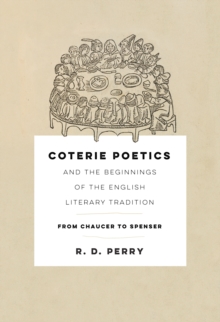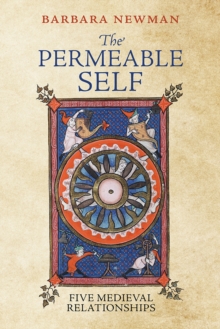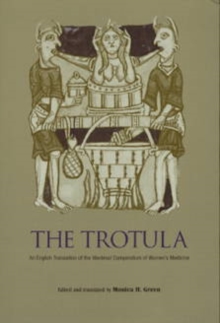
Rewriting Saints and Ancestors : Memory and Forgetting in France, 5-12 PDF
by Constance Brittain Bouchard
Part of the The Middle Ages Series series
Description
Thinkers in medieval France constantly reconceptualized what had come before, interpreting past events to give validity to the present and help control the future.
The long-dead saints who presided over churches and the ancestors of established dynasties were an especially crucial part of creative memory, Constance Brittain Bouchard contends.
In Rewriting Saints and Ancestors she examines how such ex post facto accounts are less an impediment to the writing of accurate history than a crucial tool for understanding the Middle Ages. Working backward through time, Bouchard discusses twelfth-century scribes contemplating the ninth-century documents they copied into cartularies or reworked into narratives of disaster and triumph, ninth-century churchmen deliberately forging supposedly late antique documents as weapons against both kings and other churchmen, and sixth- and seventh-century Gallic writers coming to terms with an early Christianity that had neither the saints nor the monasteries that would become fundamental to religious practice.
As they met with political change and social upheaval, each generation decided which events of the past were worth remembering and which were to be reinterpreted or quietly forgotten.
By considering memory as an analytic tool, Bouchard not only reveals the ways early medieval writers constructed a useful past but also provides new insights into the nature of record keeping, the changing ways dynasties were conceptualized, the relationships of the Merovingian and Carolingian kings to the church, and the discovery (or invention) of Gaul's earliest martyrs.
Information
-
Download - Immediately Available
- Format:PDF
- Pages:384 pages, 7 illus.
- Publisher:University of Pennsylvania Press
- Publication Date:14/08/2014
- Category:
- ISBN:9780812290080
Other Formats
- Hardback from £86.05
Information
-
Download - Immediately Available
- Format:PDF
- Pages:384 pages, 7 illus.
- Publisher:University of Pennsylvania Press
- Publication Date:14/08/2014
- Category:
- ISBN:9780812290080










